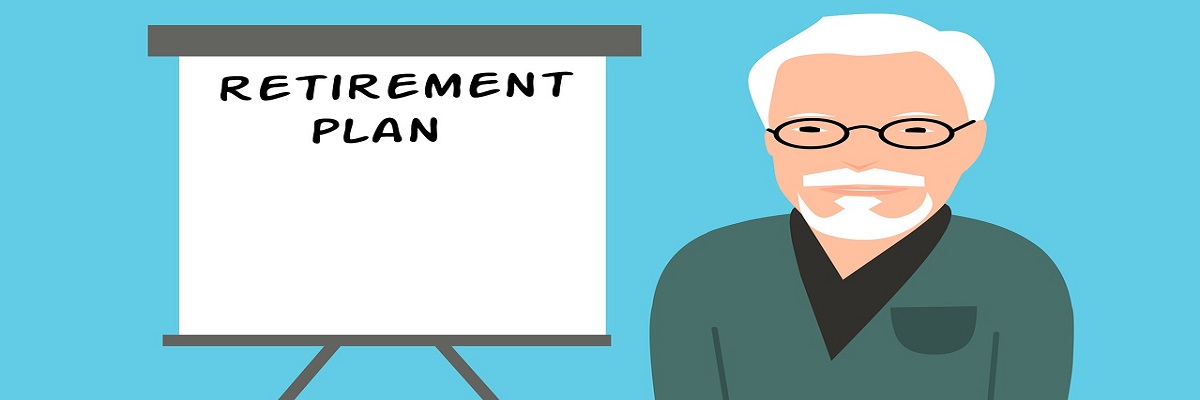Call: 888-297-6203
Under most scenarios, you do not have to lose your Retirement Plan funds or Pension if you plan to file for bankruptcy. However, there are a few exceptions to this rule. Let’s explore them further-
You can get your Retirement Account Exempted
As against the sayings, you do not have to surrender everything you have when you file for bankruptcy. You are permitted to keep aside basic Modest Requirements to work and live- like your Car, basic household items, along with some equity for your Home. This can be done using the benefit of bankruptcy exemptions.
In 2005, a lot of changes were made by Congress in the Bankruptcy Laws. So, as per the new law, all your ERISA-qualified retirement accounts along with the pension funds are exempted from the creditors, keeping aside the exceptions that follow-
- Chapter 7 – As per the rules under this chapter, you have to provide closure on your property, however, your retirement funds are not affected as they are protected by the new Bankruptcy amended act along with the State Exemptions.
- Chapter 13 – Under this chapter, the balance that you need to pay between 3-5 years Repayment Plan will not be affected, as your retirement accounts are exempted.
So based on this, A retirement account is being referred to the funds in your Actual account. However, the treatment of the funds after withdrawal varies.
Retirement Accounts that are Fully Protected
Excluding the exceptions that follow, the entire amount in the retirement account is unlimited, that is fully protected. Exemptions that are included under ERISA-qualified pension plans are –
- 401(k)s
- 403(b)s
- IRA (Roth, Sep, SIMPLE)
- Keoghs
- Profit-Sharing Plans
- Oney Purchase Plans
- Defined Benefit Plans
It is important to note that only those accounts are protected that are listed under ERISA-qualified plans. If your account is not listed like- general savings account, investment accounts, and stock option plans, then they will not be protected when you file for bankruptcy.
Moreover, a few states have exemptions that protect your bank and investment fund accounts. However, the coverage is limited for the above exemptions to $300. All your unprotected funds will be used to pay off the creditors (both in Chapter 7 and Chapter 13).
Traditional and ROTH IRA Limitations
Protection of Funds from Creditors in the Retirement account is not unlimited for both IRAs and Roth IRAs. There is a capping set of $1,362,800 per person. This means, if you have funds in your Retirement amount above this limit, then the excess amount will be used to pay off your creditors. It is also important to note that the Amount includes the sum total of all your ERISA-qualifies accounts and not individually. This limit, however, changes every 3 years to accommodate the changing Cost of Living Expenses.
Retirement Benefits that are Withdrawn are not exempted
The funds that are in your retirement accounts currently are exempted from the creditors, however, any retirement benefits that have been paid you in form of income are not exempted and can be used to pay off your debts.
Explaining in Details –
- Chapter 7 Bankruptcy– The court can consider any regular monthly income that your receive from a pension or retirement account to calculate your income under Chapter 7 Means Test. However, the court is not liable to use any retirement benefit that you may receive for your basic and necessary support, nonetheless, the court can use any extra and adequate amount that it deems fit to use to pay off your creditors.
- Chapter 13 bankruptcy – This chapter will help you determine a certified portion of your retirement income that you must pay off as unsecured debts.
It is important, that you understand what will happen to your retirement fund if you file for bankruptcy. For this, it is of utmost importance that you are guided by professionals who are well knowledgeable in this field. Recovery Law Group is the pioneer who can help guide you. To get in touch call -(888-297-6203).

